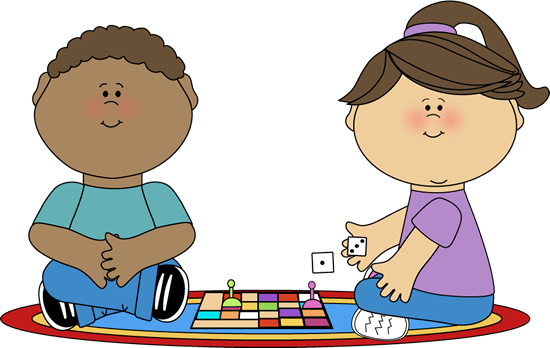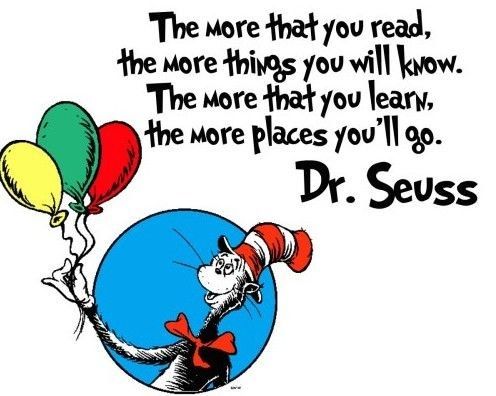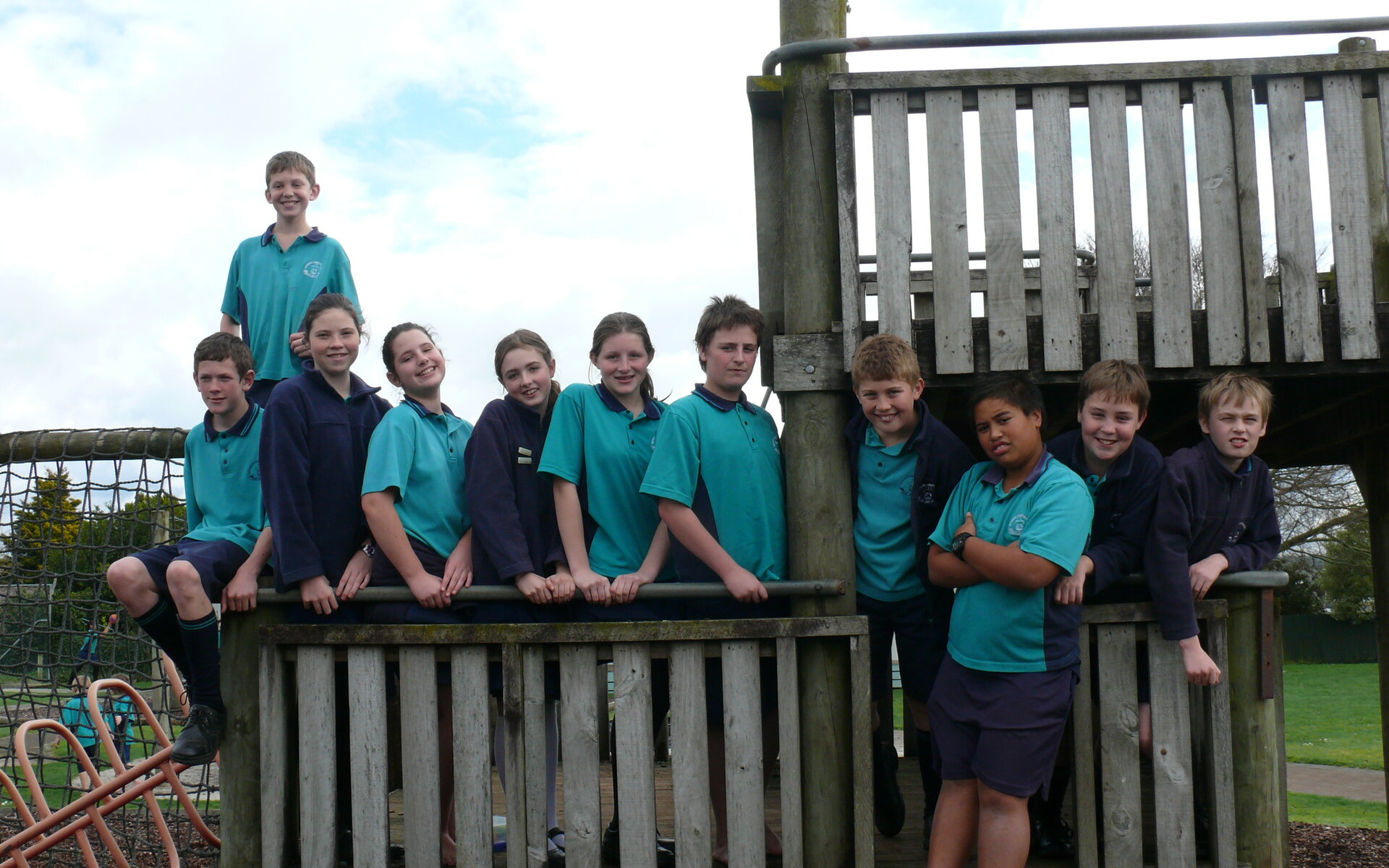School Prep Support Programme
Preparing for School
- Developing independence: Teach them to carry their own school bag, hang it up,and put their book bag in their bag
- Taking responsibility for their own gear: Putting away clothing, shoes, hats, stationery, and their lunch box away in their bag
- Recognising their name; writing their name is helpful
- Pencil grip
- Basic counting
- Handling Scissors
- Listening to and telling stories
- Vocalising their needs e.g.. ‘I have a sore toe’
- Toileting themselves, changing clothes
- Playing games and taking turns
- Following instructions
- Recognising some letters with the phonetic sounds - start with the vowels (see the Jolly Phonics link below)
- Being left with other children and people for increasing lengths of time
- Reading books daily to your child – research tells us that it is important for children to have been read at least 1000 books before they start school. This works out to be only one book a day, Monday to Friday .
Open day
We will advertise when our next open day is scheduled. In the mean time you are welcome to arrange a visit by appointment. Please call the school office on 07 888 5444
The first part of our open days are especially suited to parents with children ready to start school in the next 12 months. Parents can bring these children along to experience our Junior class between 9:15—11AM.
This is followed at 11AM by morning tea for parents, where our new entrant teacher will do a special 20 minute talk with question and answer session for parents on how to prepare your child for school.
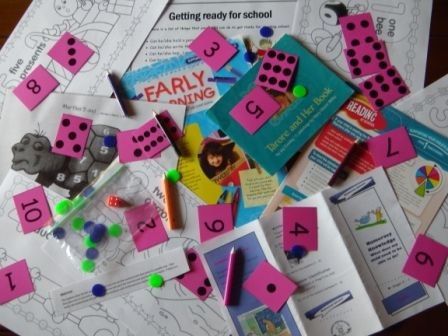
Learning to Read
Your child will bring home a new reading book every second night. At times they will have banks of sight words or numbers to learn. Please read these with your child and or play games with these.
The important thing is to make any homework a positive experience. 15 minutes is all it should take as they become more fluent in reading.
Use a Pause, Prompt, Praise approach. If your child makes a mistake wait 5 seconds (pause) to see if they can fix their mistake, if they are unable to correct their mistake prompt them by saying things like "does that make sense to you?" or "is there something in the picture that can help you work out that work?". Lastly praise, praise, praise! You do not need to pick up every error. At this level your child needs lots of encouragement.
If you have any questions, ask your child's teacher.
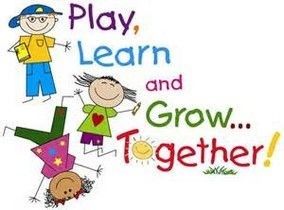
Drop into the school office and pick up your free Ready Set Go pack.
Other ways to help with reading at home
- Spend time with your child reading
- Talk about pictures in books
- Sing waiata and songs and make up rhymes together
- Let your child see you enjoying reading
- Share favourite books
- Point out words on signs,
- Play word games like 'I spy' and 'Simon says…'
- Show enthusiasm to have your child read their book from school, every day.
- Encourage writing, have writing materials available to your child
- Have magnetic letters on the fridge for your child to play with.
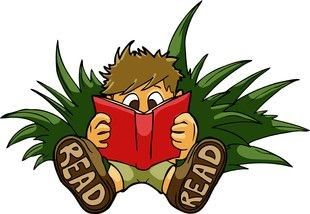
- Using the brochure link below. We have created these to help parents know what to teach their children.
- Talking about time, colours, shapes, sharing
- Finding numbers around the house or neighbourhood (clocks, letterboxes, rapid numbers)
- Do sums using objects. ‘We need 4 forks and 2 knives, how many do we have’ count them to find the answer
- Using language of position (over, under, out, before and after)
- Counting with your children, forwards and backwards
- Read the numbers on letterboxes as you go past
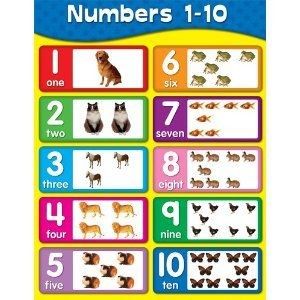
4 1/2 year old School Prep Programme
Matamata Christian School is proud to announce the return of their 4 1/2 year old programme to help children prepare for school. Each Thursday between 8:50 - 10:50AM we are running a programme to include future school students in our Junior class.
Children will transition and begin to develop an understanding of:
What the difference is between school and pre-school
What learning looks like
What happens at school when we are learning
establishing routines
how to make new friends
We have an amazing Junior class featuring a teacher and a teacher aide during the morning times.
This programme is limited to just 6 students at a time and runs until your child turns 5 and is off to school.
Please note, a parent of caregiver must be onsite for any child under the age of five at these sessions. To enroll, please call the school office on 07 888 5444.
Classroom Routines
We focus on Literacy and Numeracy in the mornings.
Through these we develop five key competencies: thinking, using language, symbols, and texts, managing self, relating to others, participating and contributing.
Our routines in the classroom do not change a lot as structure is an essential part of helping New Entrant's transition to school.
Story Time and Games
http://www.cbeebies.com
Jolly Phonics Songs
http://www.youtube.com/watch?v=eCjJYB07aSU&safe=active
Maths Games
http://www.bbc.co.uk/bitesize/ks1/maths/
